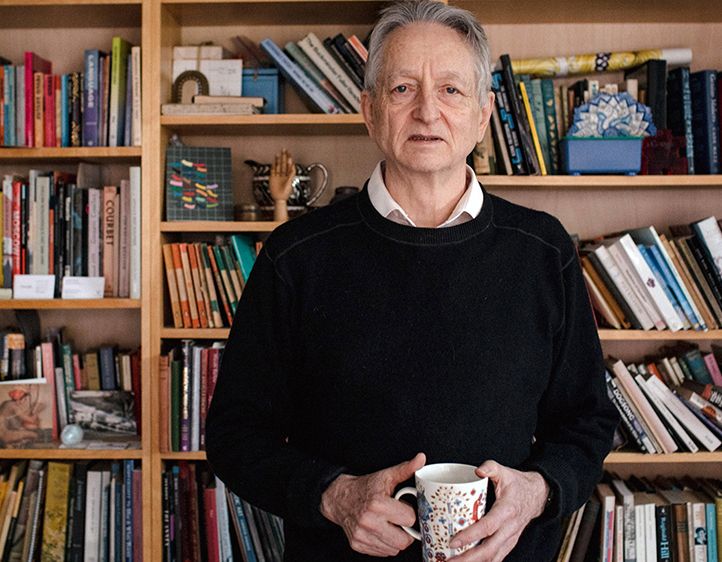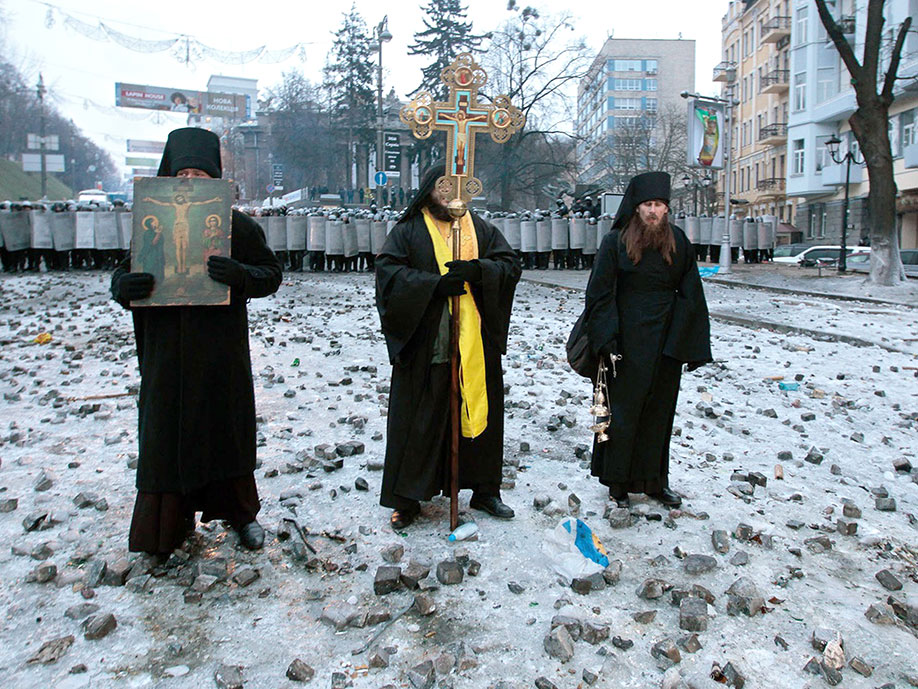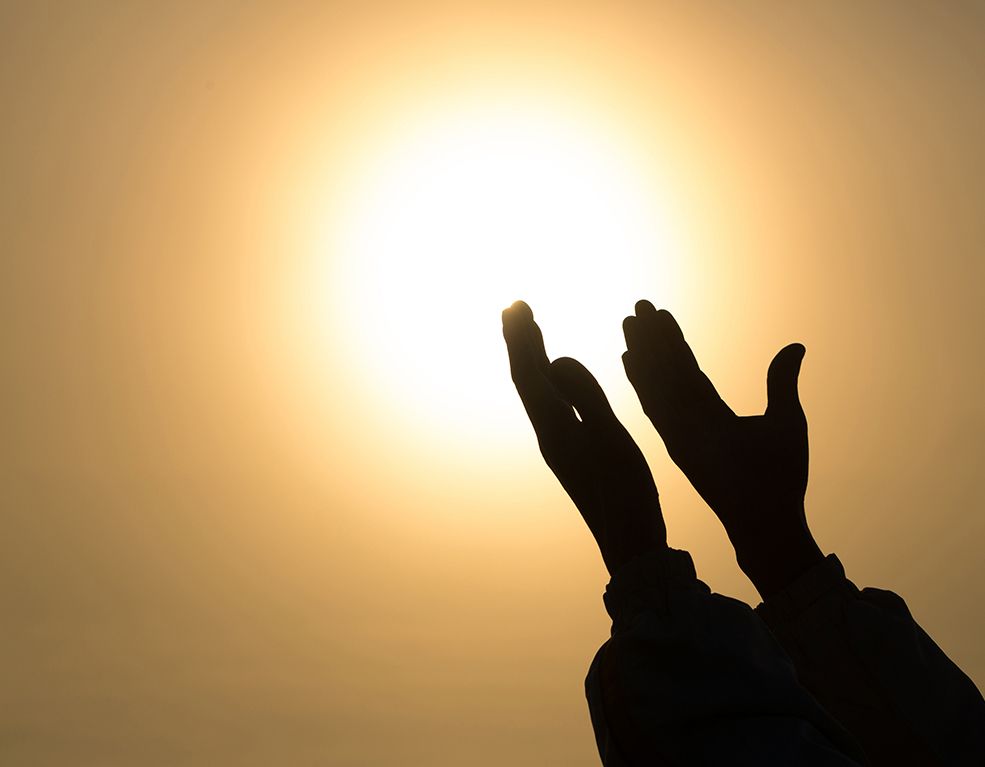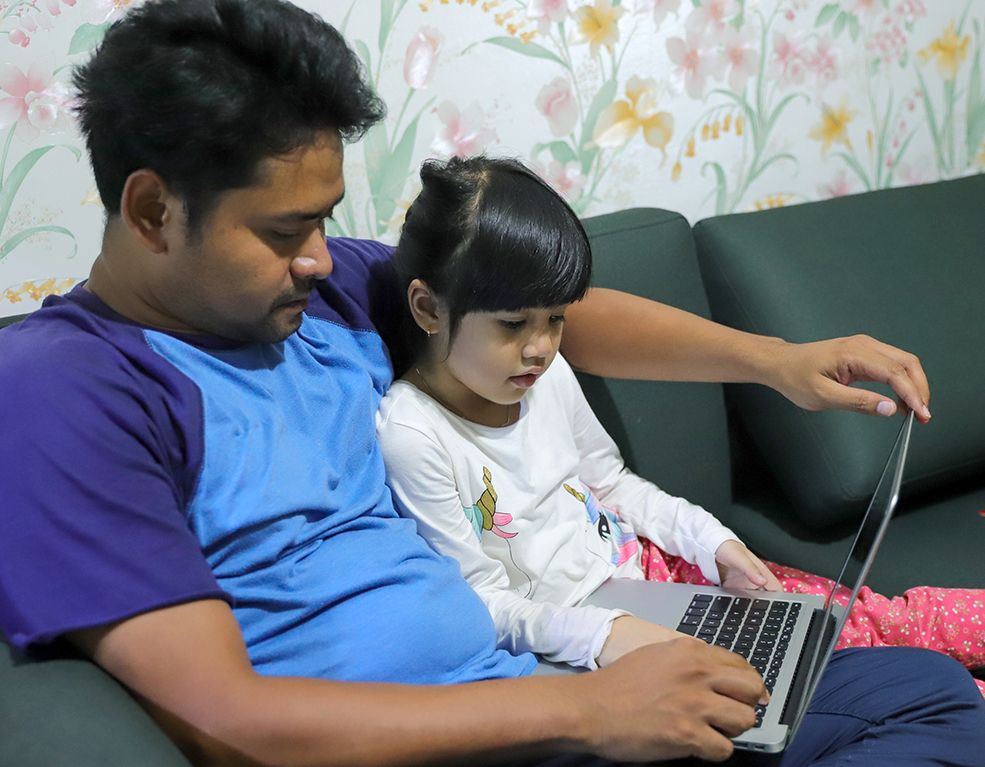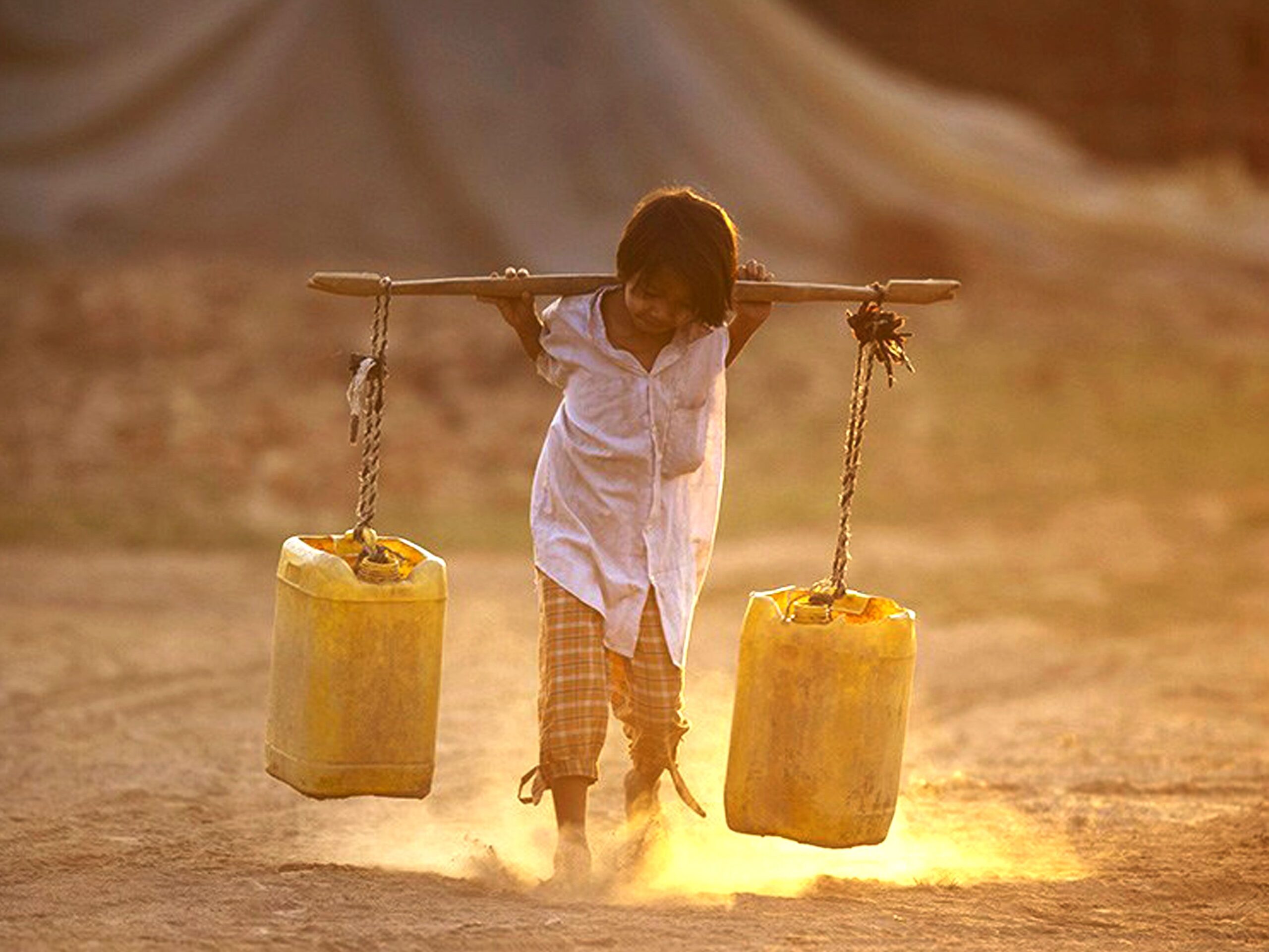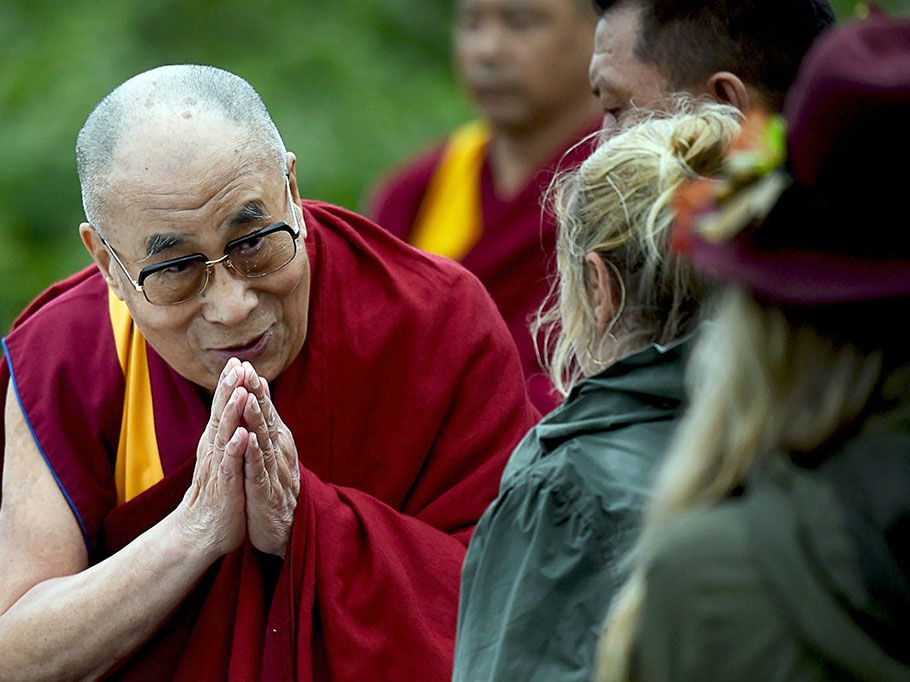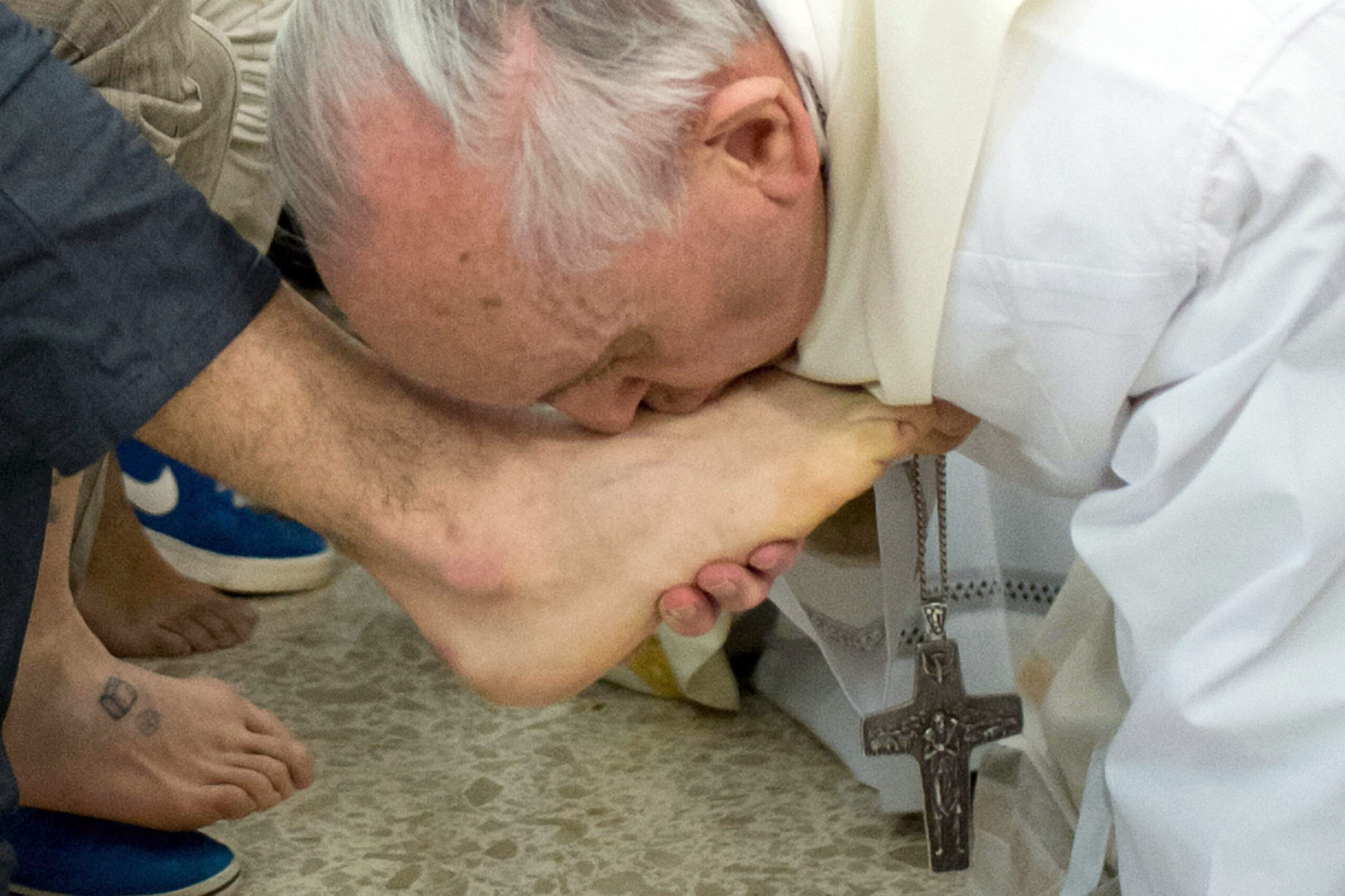Iran is over 99% Muslim and Islam is the state religion. The Church’s roots in Iran are very old going back to the 2nd century. Is Christianity the oldest religion in Iran?
No, we have two older communities, older than Christianity. First, we have the Zoroastrian community which goes back centuries before the arrival of Christianity and Islam. Second, we have the Jewish community. The Zoroastrian community consists of about 20,000 people and the Jewish, between 20,000 and 35,000. These two communities are older than the Christian community.
Today, Iran is over 99% Muslim. How does Islam permeate daily life?
If you are on the streets of Tehran, or any part of the country, you will notice the portrait of the martyrs, the Ayatollah, the late Khomeini, the current Ayatollah Khamenei. If you use a phone in public telephone booths, you will hear the voice of Imam Hussein telling you what to do.
So, if you pick up a phone, immediately you will hear a (recorded) voice of the Imam?
Right. And in schools, the Disciplines are permitted but through a perspective based on the Koran and Hadith and other Islamic sciences.
In fact, if I understand correctly, the picture of the Ayatollah is even on the cover of the catechism books?
Right, and maybe it is a way to show that Christians are under the protection of the regime and are considered dhimmis (protected people) in the Islamic Sharia. It is a way to say that you [Christians] are under our [Islamic] regime. Then, you have the religious police.
What about the modesty patrols that make sure that women are properly garbed?
Sometimes they are hard liners and sometimes not depending on the regime. Under Khatami, for instance, they were a little bit liberal so girls could show a little bit of their heads. Under Ahmadinejad, it is stricter.
It is very strict now and back to the complete covering?
Yes, only the face is seen. But there are women who cover their hands and faces, too.
Christians number about 100,000 in a population of 71 million. How are Christians viewed in Iran?
Christians are viewed as an ethnic minority because the Christians are predominantly Armenians, and Syro-Chaldeans. We have 80,000 Orthodox Armenians who are also called Gregorian or Apostolic Armenian, 5,000 Catholic Armenians, and around 20,000 Assyro-Chaldeans plus other communities such as Latin, Protestants Churches which, all together, make up between 100,000 to 110,000. So, they are seen as an ethnic minority and as such, they are not allowed to celebrate their rites in Farsi, the official language of Iran. They can’t celebrate the Holy Mass in Farsi but in Armenian or Chaldean only.
To distinguish them as foreigners?
Not only that but to prevent them from being attractive and understood by the local Iranians.
To prevent the Iranians from being attracted to the faith?
Right, and to prevent them [Iranians] from understanding what they [Christians] are saying. There was a unique case; I was in Tehran a few days after the death of Pope John Paul II. The priest read the Scriptures in Farsi in the presence of the authorities. This was an exceptional case.
And yet, at the same time, Parliament reserves 3 seats for Christians. So, on the face of it, Christians have a voice within the parliamentary structure?
In fact, the Islamic Republic has kept the Constitution of 1906 which reserves 5 seats for minorities – 3 for Christians, 1 for Zoroastrians and the other for the Jews. You also notice that the Bahá’i, for instance, which is the largest non-Muslim, has no seat because they are considered heretics and not a religious community and, therefore, non-persons.
So there is division between the Islamic communities?
If you can consider Bahá’i Islamic, I don’t know, because they are also monotheistic but Islam does not consider any other monotheistic faith after Mohamed and they [Bahá’i] are considered heretics and that is all.
Are the rights of Christians guaranteed by the Constitution?
No, it doesn’t mean that they are guaranteed by the Constitution. Article 13 mentions that all Iranians are equal by race, by language but religion is not mentioned. In Article 14, if you allow me to read it: “All these non-Muslim communities should abstain from taking part in conspiracies against Islam and the Islamic Republic of Iran.” And the last one, Article 19, states: “All Iranians, whatever ethnic group they belong to, enjoy the same rights and that color, race, or language does not offer any privilege.” Here, too, there is no reference to religion.
But it does say, within Article 13 of the Constitution, that Christians are allowed to express their rights and engage in their faith?
Unless they do not take part in conspiracies against the Republic of Iran. What does it mean? Does it mean contesting the regime? The problem of Iran is that it is a theocratic regime. So the opposition to the regime as a political action could be interpreted as an action against the Islamic republic, as it happened a few weeks ago. Within the Islamic community, you have the liberals and the conservatives. By contesting Ayatollah Khamenei, are you contesting the political face of the regime or the religious? When a regime has the same political and religious face, an attack on the political face is considered an attack on the religious facet of the theocratic regime.
What kind of other restrictions do Christians face in their daily life?
Well, in public administrations, it is hard for Christians to find jobs. Even the directors of Christian schools are Muslims with one exception – in Isfahan, about 2 or 4 years ago, when the government nominated an Armenian for the Armenian school. But in most cases, the directors of Christian schools are Muslims – the few Christian schools that they [Christians] got back after confiscation in 1979 and 1980. Another example is in the Army: some years ago, they discovered that an officer, Colonel Hamid Pourmand, converted to Christianity. He was prosecuted and was court marshaled but because of international pressure, he was able to leave Iran. Overall, it is very difficult for Christians to be in high government positions in Iran.
What is life for a Muslim convert?
One cannot declare one’s new faith inside Iran. It is only possible if one is able to go abroad. I know two Iranian families in Italy who are converts. One of the families crossed the border between Iran and Turkey in winter. It was difficult but they were able to secure asylum. Inside Iran, they cannot express or show their faith because they will face death. It is not easy.
I want to touch on the question of the fleeing of Christians from Iran after the 1979 Islamic revolution. About half of the Christian population left the country and, from what I read and understand, about 10,000 families leave Iran every year. What does this mean for the Christian community in Iran?
Let me say that the political pressure is upon both non-Muslims and Muslims, but Christians are twice under pressure because of the political facet of the regime that is questioned by the majority of the Iranian people and, on top of that, there is the religious pressure on the non-Muslims because they feel that their freedom is curtailed. That is why there is this exodus and, in fact, there is a real risk of disappearance, of an extinction of Christianity in Iran.





